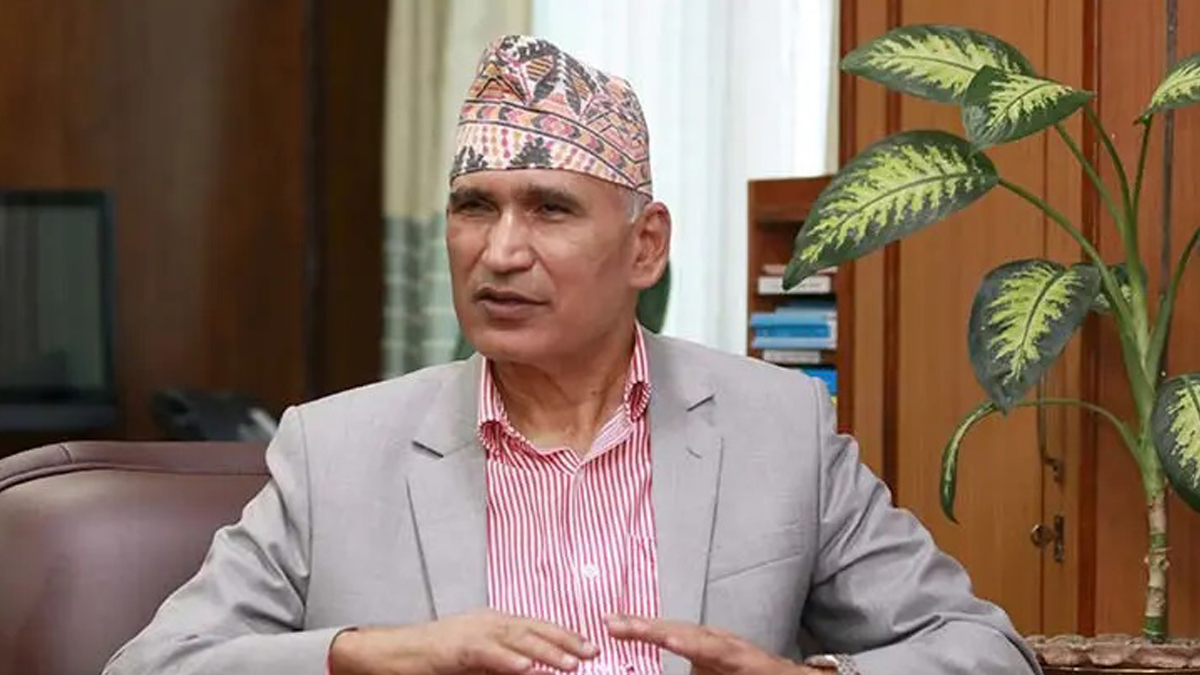
Nepal’s Finance Ministry Releases Three-Month Progress Report Amid Economic Reforms
The Ministry of Finance has released a detailed report outlining significant progress and reforms carried out in the three months since the formation of the new government. The report highlights key achievements such as the formation of a high-level economic reform commission, the implementation of an internal revenue mobilization strategy, and the completion of preparations for Nepal’s country credit rating.
According to Mahesh Bhattarai, Spokesperson for the Finance Ministry, while the economy still faces substantial challenges, noticeable improvements have been achieved in several areas compared to previous periods. The government has managed to boost the confidence of the private sector, increase capital expenditure, and improve revenue collection. These positive trends signal a rebound in economic activity after a prolonged downturn.
Key Economic Indicators Show Improvement
One of the most significant achievements is the sharp increase in capital expenditure. The report indicates a 65% rise in capital expenditure during the first quarter of the current fiscal year compared to the same period last year. Revenue collection has also surged by 13%, showcasing enhanced internal financial mobilization efforts.
Foreign exchange reserves have reached a record high of Rs 2,152 billion, providing a strong buffer for the national economy. Meanwhile, remittance inflows, a critical source of foreign currency for Nepal, have increased by 15%, underscoring the resilience of this key sector. The interest rate has also declined to 6.15%, which is expected to further stimulate investment and borrowing.
Reforms and Strategic Initiatives
The Finance Ministry’s 73-point guideline, aimed at making budget implementation more effective, stands at the heart of these improvements. The formation of the high-level economic reform commission is part of broader efforts to revitalize Nepal’s economy. The commission has begun activities to address structural issues and suggest solutions for long-term economic sustainability.
The government has also made strides in improving its customs and revenue systems. A central fast-patrolling team has been established to curb revenue leakages, and the Ministry is working closely with an international independent expert organization to secure a sovereign credit rating for Nepal, which is expected to bolster investor confidence.
Additionally, the Ministry has introduced several regulatory reforms. A new Insurance Regulations Act, 2081, has been drafted and presented to the cabinet for approval. The Internal Revenue Mobilization Strategy, 2081, has already been put into effect. Other customs reforms include the development of a real-time transaction-based customs evaluation system and the introduction of the Customs Tariff Regulations, 2024, currently awaiting approval from the Council of Ministers.
Strengthening the Financial Sector
The Finance Ministry is also taking steps to strengthen public corporations and the broader financial sector. A policy on loans and investments in public corporations has been developed and submitted to the cabinet, while the Internal Loan Issuance and Management Procedures have already been implemented.
The government has tabled a bill in the Federal Parliament to amend the Financial Procedures and Fiscal Accountability Act, 2076, in a bid to improve financial governance. Other reforms include the implementation of vehicle and luggage scanners at key customs points like Tatopani, and lab modules introduced at Birgunj, Bhairahawa, and Nepalgunj customs offices to expedite and improve customs processes.
Digitization and Monitoring Efforts
As part of its broader reform agenda, the Ministry has focused on modernizing financial infrastructure. It has completed the dematerialization of Citizen Bonds and Foreign Employment Bonds and has developed the Internal Control System Guidelines, 2024, which are now under review by the Council of Ministers.
The ministry has also tightened monitoring on businesses prone to excise duty leakage. Over 100 industrial establishments, primarily in the alcohol, tobacco, and energy drink sectors, have been inspected as part of efforts to combat tax evasion.
In a bid to strengthen Nepal’s fiscal planning and sustainability, the ministry has embarked on developing a Second Financial Sector Strategy. This strategy will provide a roadmap for financial sector reforms and modernization over the next few years.
Enhancing International Relations and Development Assistance
On the international front, the Ministry has been working to develop a new policy on development assistance to improve how Nepal engages with international financial institutions and donors. The ministry has also implemented guidelines for the formulation of new budgets, ensuring that resources are allocated effectively to priority sectors.
The Finance Ministry’s report indicates that Nepal’s economy has garnered positive feedback from global institutions like the World Bank, the Asian Development Bank, and the International Monetary Fund (IMF). These institutions have acknowledged the progress in key economic indicators within the first two months of the new government’s tenure.
Conclusion
The Finance Ministry’s report provides a comprehensive overview of the government’s achievements over the past three months. Despite ongoing challenges, the improvements in capital expenditure, revenue collection, foreign exchange reserves, and remittances point to a more robust economic outlook. With further reforms and strategic initiatives in place, the government hopes to create a more resilient, diversified, and sustainable economy for Nepal.













Comments